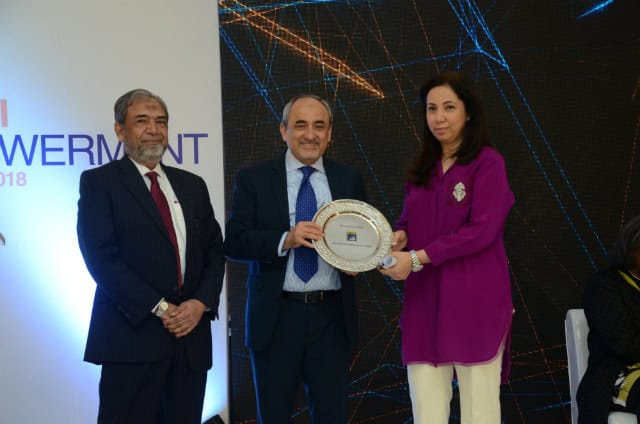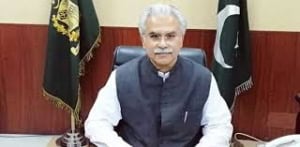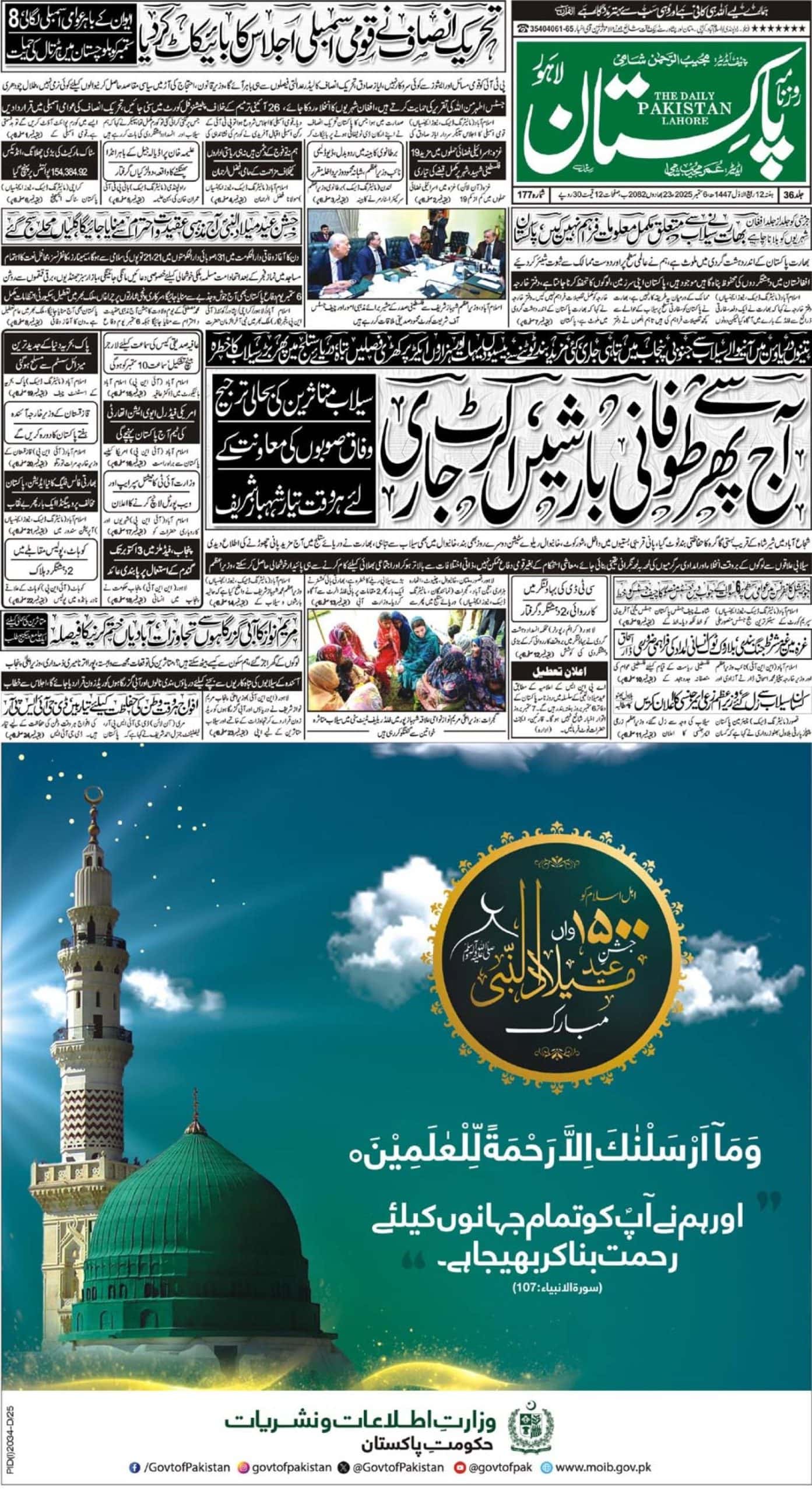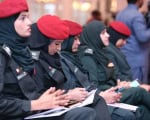In a country with an almost equal female population at 48%, Pakistan’s gender scorecard stands at 148/149 on WEF’s Global Gender Equality Index – a position that we have maintained for seven consecutive years. The Index measures women’s inclusion on a variety of key factors, including access to education, political emancipation, provision of quality healthcare and workforce participation.
As other economic indicators show signs of improvement, a deeper look at The Global Gender Gap Report 2018 identifies that Pakistan is ranked 146th in economic participation and opportunity category, 139th in educational attainment, 145th in health and survival and 97th in political empowerment.
Whilst one may argue that most Pakistanis, regardless of their gender, continue to have restricted opportunities for growth, women face even greater marginalization against the backdrop of deeply entrenched cultural stereotypes and discouraging societal notions. In fact, the lack of inclusion and growth for women remains equally challenging across all strata of society, with statistics indicating that even out of the 25% women in the workforce, only 2% women ever progress to leadership roles in Pakistan.
The retention of female workers is a struggle that is worsened by the lack of suitable workplace policies. The absence of suitable infrastructure, instances of harassment, limited access to healthcare, restricted growth opportunities and insufficient support at work after marriage or childbirth are some of the leading causes of women’s attrition.
As one of the most influential business forums in Pakistan, the Overseas Investors Chamber of Commerce and Industry (OICCI) is working to promote diversity and inclusion in Pakistan’s corporate sector through improved policies and protective frameworks for women. As part of this commitment, the OICCI launched the “Women Empowerment” initiative in 2017, in partnership with UN Women.
Over the course of 2018, the OICCI conducted intense research on gender balance to enable an increase in the ratio of women at the work place. OICCI is building on this research and feedback from women in the workforce to launch a Women Empowerment Whitepaper presenting a set of recommendations on the core issues faced by working women.
This white paper aims to help the Government of Pakistan to enact the appropriate regulatory infrastructure that promotes gender balance and empowers women in Pakistan’s business sector. The recommendations have been prepared after extensive consultation with experts, industry leaders and review of local and international best practices. Abdul Aleem, the Secretary General of the OICCI is driving this movement alongside Shazia Syed, the President of the OICCI and one of the very few Pakistani female CEOs (Shazia is the CEO and Chairperson of Unilever Pakistan). Through collaboration with some of the country’s biggest companies and civil society stakeholders, OICCI Women has gained the momentum that a cause like this deserves.
Created with the ambition to resolve challenges around the most pressing challenges faced by women, the whitepaper can serve as the big unlock around six key issues that women have highlighted in the OICCI research, including slow career Growth, sexual harassment in Pakistan, inclusive workspaces for women; impact of dual careers; equal opportunities for Pakistani women and female health in work-life balance. This policy paper brings recommendations for businesses and policy makers to support women’s employment, career growth and makes a business case for investing in women. For Pakistan’s prosperity, we need to enable the full potential of women. Advancing women’s equality delivers a high growth dividend besides being a social and moral imperative.
















